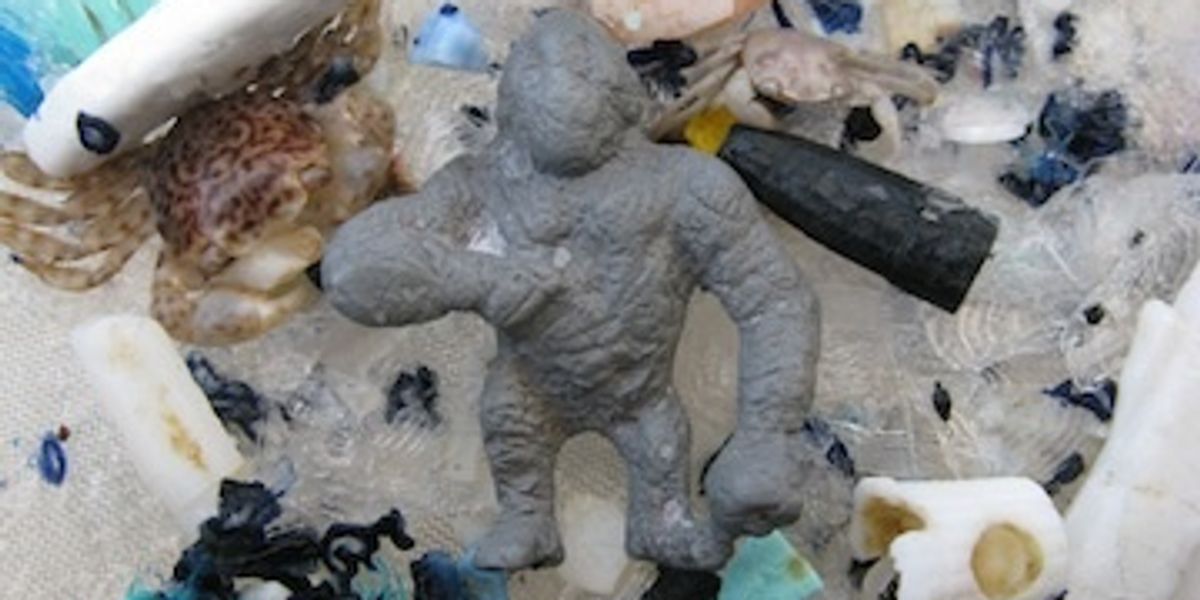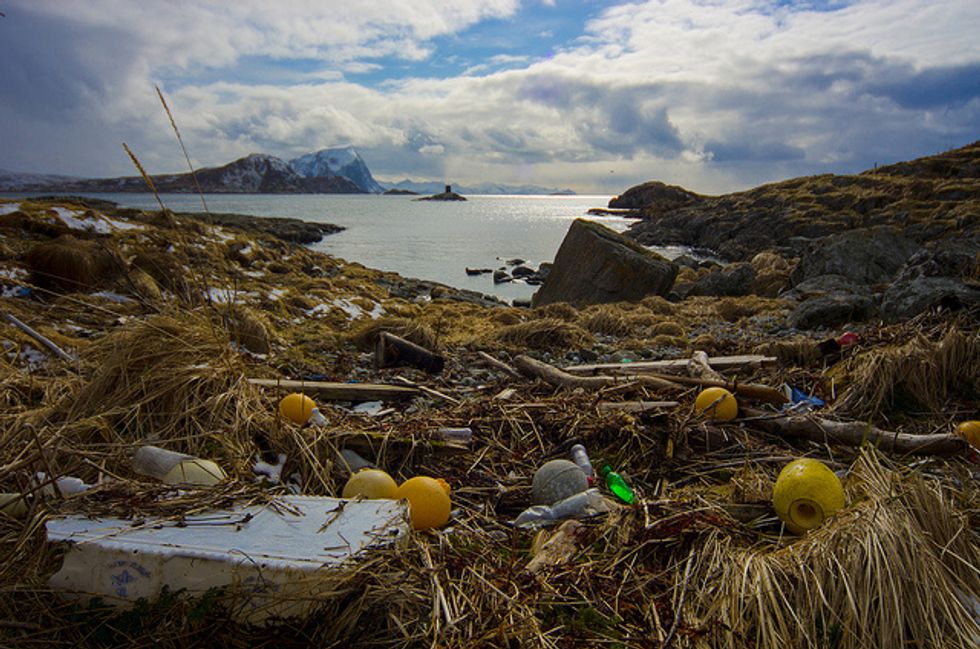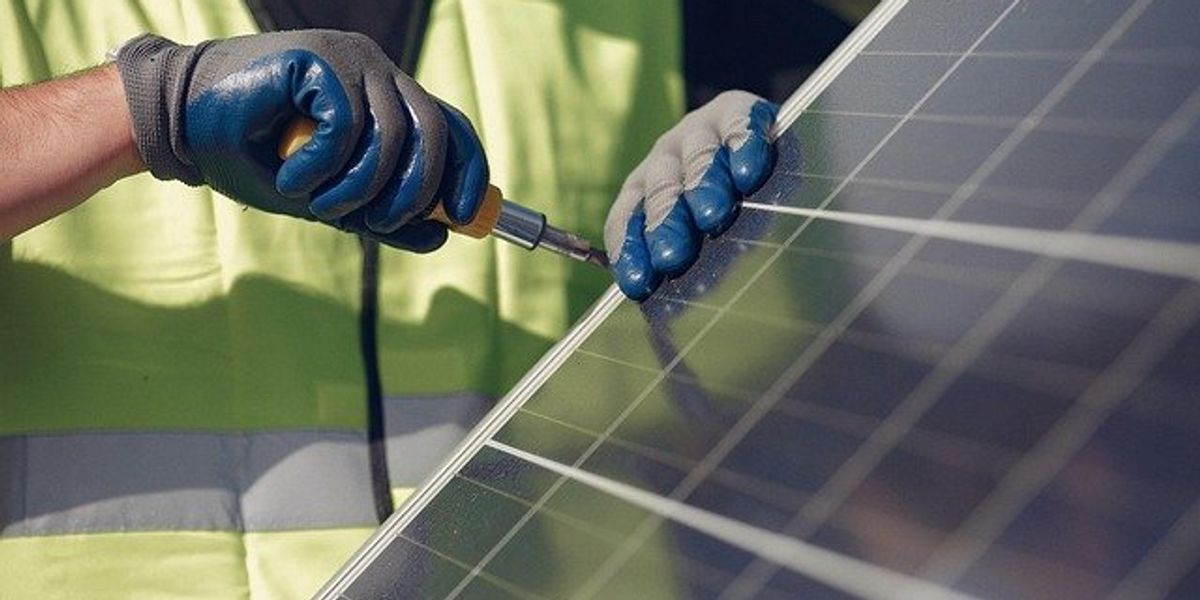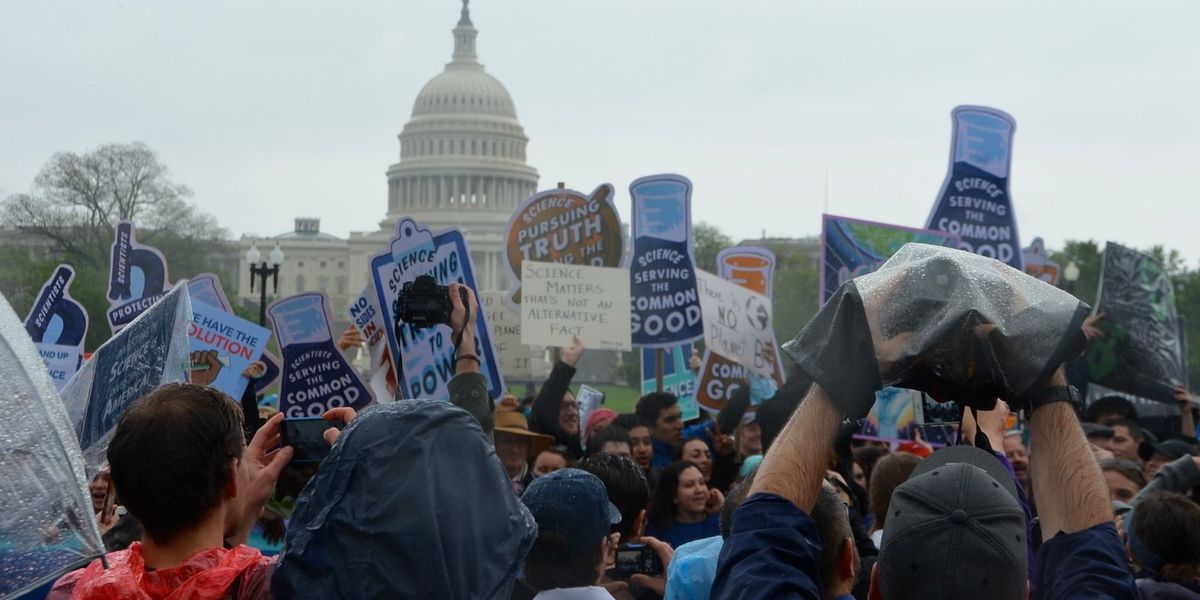
Peter Dykstra: The 800-lb (cheap, plastic) gorilla in our oceans
Decades of warnings. A global environmental threat. Climate change isn't the only mess we're ignoring.
Save for one word, Walter Brooke (1914-1986) had an unremarkable career as a Hollywood bit player, usually as a mid-level military officer fighting Indians or Nazis.
But in the 1967 film The Graduate, Brooke slung his arm around the shoulder of a young Dustin Hoffman and offered a vision of the future:
'Plastics'
"Plastics"
Half a century later, Brooke's career advice looks more and more like an albatross around the necks of humanity – and for that matter, around the necks of albatrosses.
In 1950, 17 years before Brooke's career counsel, the world produced an estimated two million metric tons of plastic. By 2015, that had jumped to 380 million metric tons – more than humanity's own weight in plastic.
'Smog' of plastic

Trash floating in Lake Jackson, south of Atlanta, after a rain
An estimated 150 million metric tons of plastic now swirl in our waterways:
- abandoned, miles-long driftnets that ensnare fish and seabirds;
- drink bottles and soccer balls washed down storm sewers into rivers and lakes (see this news clip of runoff plastic in Lake Jackson, downstream from a half-million or so metro Atlanta homes);
- single-use bags, straws, cups and cigarette filters by the billions;
- long-lasting microbeads of plastic built into soaps and detergents;
- and partly decomposed plastic bits that cloud the water and clog the bellies of fish, birds and marine mammals – a veritable "smog of the sea."
40+ years of warnings

Marine litter spoiling the view in Norway.
You can't say we weren't warned.
On April 5, 1989, a team of NOAA scientists presented an ominous, peer-reviewed work on the mounting dangers of ocean-borne plastic debris. Not surprisingly, their warnings went unheeded by all but a handful of marine scientists and activists.
I was feeling good about myself finding the 30 year-old plastics paper, and I mentioned it in the weekly segment I do for Public Radio International's Living On Earth.Then, the sleuths at a very useful web publication called The Revelator found others from the 1970's. That's how long we've known about the crisis we've been building.
Ugly death by plastic

Darrell Blatchley, director of D'Bone Collector Museum Inc., pulls plastic waste from the stomach of a Cuvier's beaked whale that washed ashore in Compostela Valley, in the Philippines.
Last week, an item worthy of the Guinness Book of World Records washed in from the Philippines, where the carcass of a Cuvier's beaked whale (really more an oversized dolphin than a great whale) yielded 88 pounds of plastic bags.
Like so many other environmental ills, the plastic pollution of the oceans is something we've known about for decades. Like climate change or ocean acidification, the solutions to plastics pollution are daunting. They don't involve the shutting of a lone drainpipe or smokestack. They involve altering the consumptive mindsets of nearly all of us about how we produce, consume, and dispose of plastics.
We've developed the ability to alter the acid/alkaline chemistry of the vast oceans, and we're filling them up with things inimical to life. Now all we have to do is develop the ability to stop ourselves.
***
Here's a trailer from "The Smog of the Sea," a new documentary on ocean plastics featuring musician Jack Johnson














